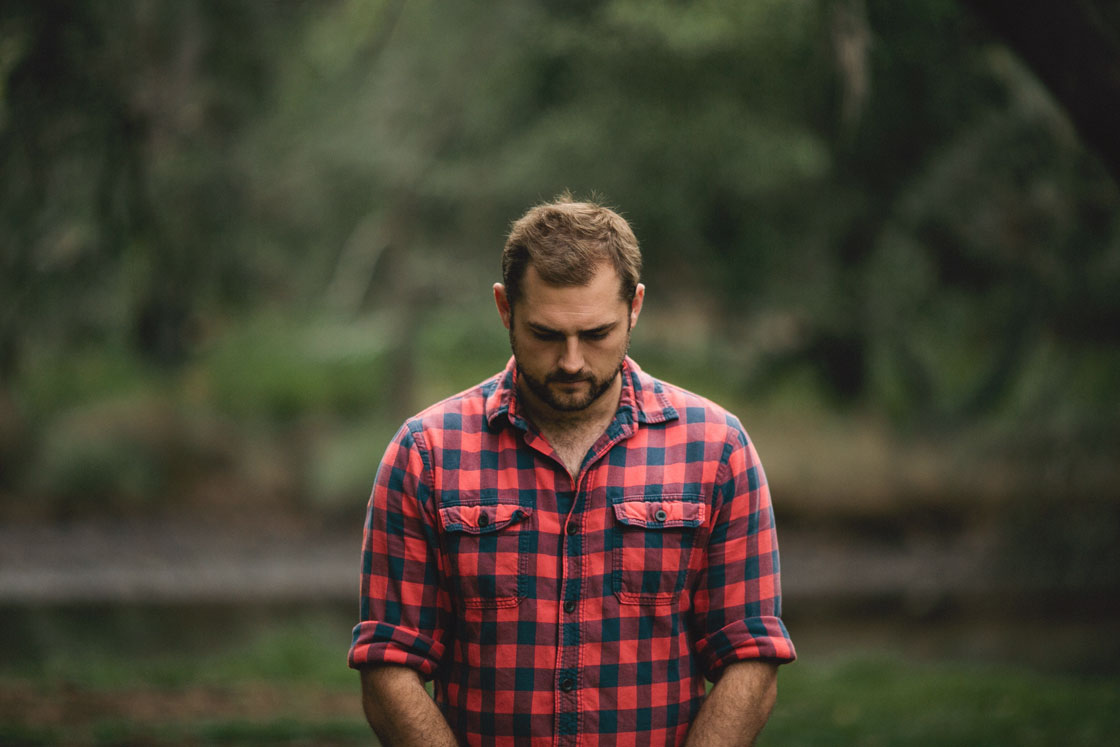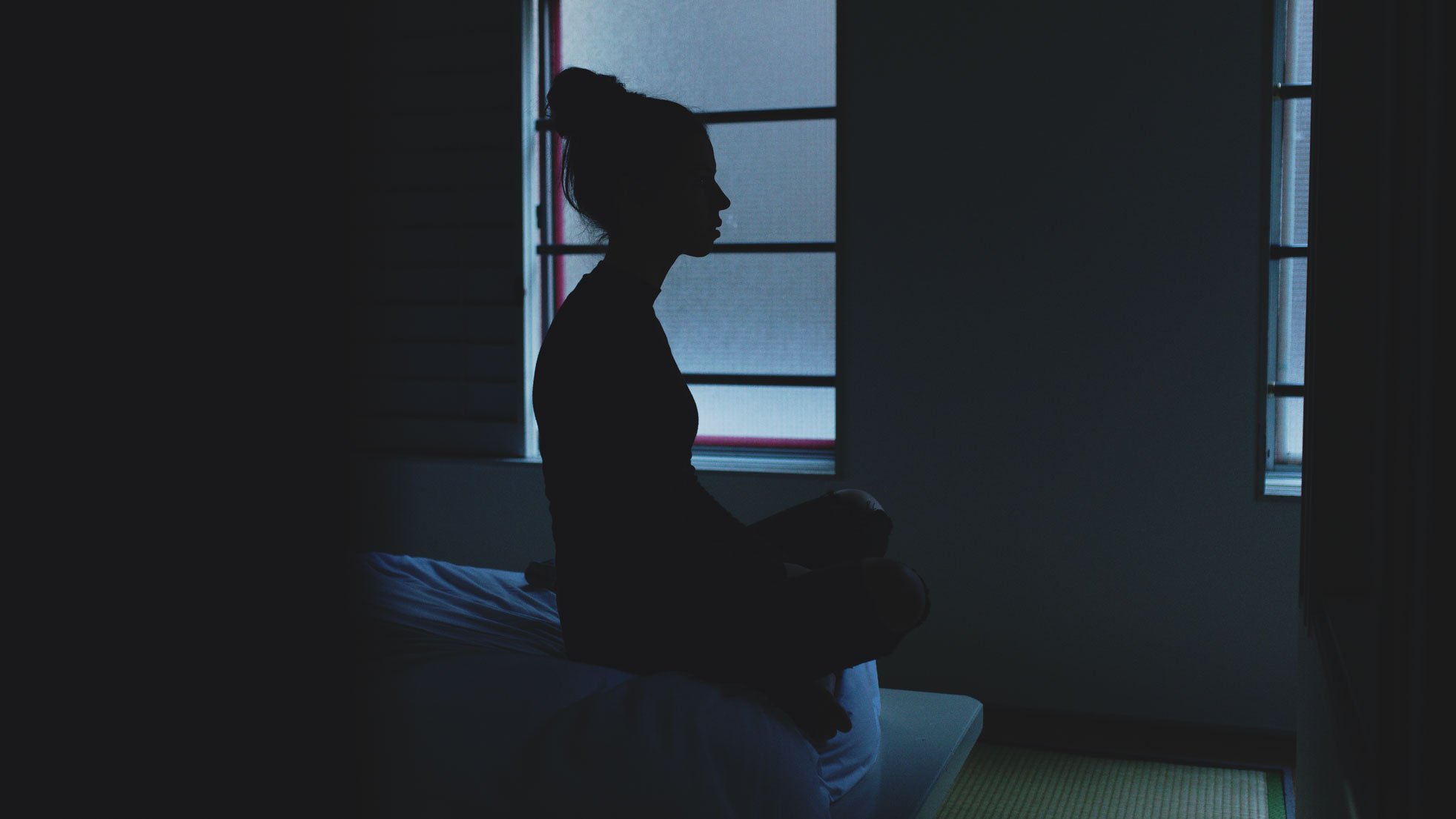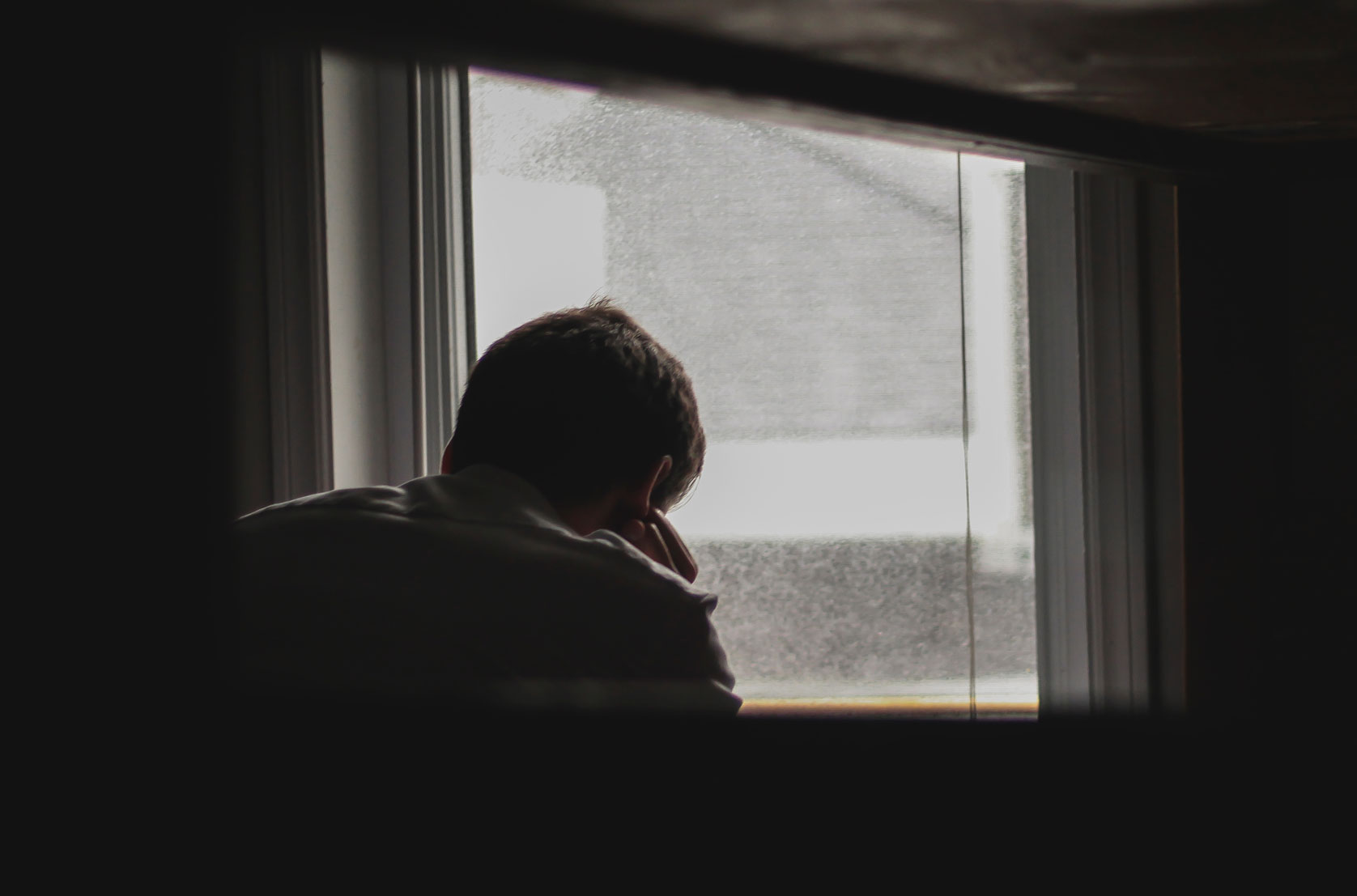10 Signs Depression Evansville Car Accident

People who have experienced depression know that it’s more than just feeling down; it’s a debilitating mental illness that needs to be treated with medication and therapy like any physical illness would be. Traumatic events like car accidents can trigger or re-trigger serious mental health issues, including depression.
Considering the costly and complicated process already involved with filing car insurance claims and recovering from physical injuries, depression makes a hard situation even harder — and even more expensive.
If you’ve developed depression after being in an Evansville car accident, you may be able to seek compensation for your treatment costs through a personal injury claim.
These 10 common symptoms are not a diagnostic checklist; only your doctor can properly diagnose you and recommend treatment options for depression. However, if you find any of these warning signs apply to you after being in a car accident in Evansville, consider talking to your doctor about the possibility of being treated for depression.
1. Anxiety

Signs of increased anxiety involve more than just being worried about your situation. Specific anxiety symptoms include panic attacks, muscle tension, phobias, and even gastrointestinal issues.
A common difference between anxiety and normal worry is the inability to live your normal life. Anxiety symptoms often cause people to avoid socializing or to develop ritualistic behavior that makes it harder for them to do everyday tasks. If any of these apply to you, you might be suffering from an anxiety disorder.
2. Difficulty Making Decisions

One way people have described depression is as a fog that clouds their brain. Depression can reduce your ability to remember details and make decisions, which are especially important tasks after a serious car accident.
Another way of knowing if this “fog” has settled on you is to ask friends or family members; depression often makes people appear not fully present in conversations.
3. Feeling Hopeless / Worthless

The overwhelming conditions after being in a serious car accident can throw anyone into chaotic thought patterns: How will I pay my bills? Will I be able to keep my job? What did I do wrong?
Amid this chaos, it’s normal to feel less in control of your life than you’re used to. For people suffering from depression, however, this loss of control goes much deeper. They feel completely worthless, maybe even blaming themselves for the car accident, and cannot live the same life they had before the accident.
4. Difficulty Sleeping / Lacking Energy

Disrupted mental patterns from a traumatic car accident can cause disrupted physical rhythms as well. People who suffer from depression may experience these effects in different ways: either suffering from insomnia or consistently oversleeping and feeling groggy all day.
In either case, the root of the problem isn’t just the lack of a good night’s sleep; it’s a mental health issue that needs to be treated.
5. Chronic Headaches

Even though depression is a mental health issue, it often expresses itself through physical symptoms. One such symptom is getting more frequent and more severe headaches after a traumatic event.
Research has shown a strong correlation between people who both suffer from depression and experience chronic migraines. Whether you began experiencing headaches before or after a car accident, you are more likely to be suffering from depression if you also have chronic headaches.
6. Difficulty Eating

Irregular eating habits due to depression can arise on all parts of a spectrum. Someone suffering from depression may over-eat, turning to food as a source of comfort, or under-eat, neglecting their body’s needs or exerting control in the one area they can.
Depression can also contribute to internal gastrointestinal problems that can cause loss of appetite. Each of these factors can contribute to other digestive disorders, like ulcers, that must be treated in addition to a person’s depression.
7. Feeling Constantly Sad

Although depression is much more serious than simply feeling sad, sadness should not be ignored when it correlates with other symptoms of depression. In addition, non-depressive sadness usually comes and goes. If you experience sadness that doesn’t go away or other negative emotions that “spiral” out of your control, you may be experiencing depression.
8. Loss of Interest

One of the most common indicators of depression is losing interest in things, people, or activities that used to bring you joy. In fact, loss of interest (called anhedonia) is also a symptom of other mental illnesses, including social anxiety and illnesses on the schizophrenic spectrum.
9. Feeling Guilty

Serious car accidents, especially those that result in injury or death, often leave survivors with pervading feelings of guilt, regardless of who caused the accident. Guilt alone may not be a sure sign of depression, but it can be a contributing factor. If you are dealing with guilt that won’t go away, consider talking to a counselor, psychologist, or psychiatrist to explore treatment and therapy options.
10. Thoughts of Death or Suicide

If you’re thinking about death, especially your own, seek help right away. This symptom is a common and serious way depression expresses itself in people following traumatic events. If you have thoughts of suicide, call someone you trust or schedule an appointment with your doctor immediately.
Our Evansville Attorneys Are Here for You
Any car accident can cause a mess of paperwork and long hours on the phone with insurance adjusters. You shouldn’t have to deal with all this alone, especially if you’re suffering from depression as a result of the accident.
Hensley Legal Group’s qualified, compassionate personal injury lawyers can help you get compensation for both your physical and psychological treatments after a traumatic car accident.
Depression can quickly escalate if left untreated, which means you need to focus on what matters: healing both mentally and physically. Let us take care of the rest. Contact us today for a free consultation.